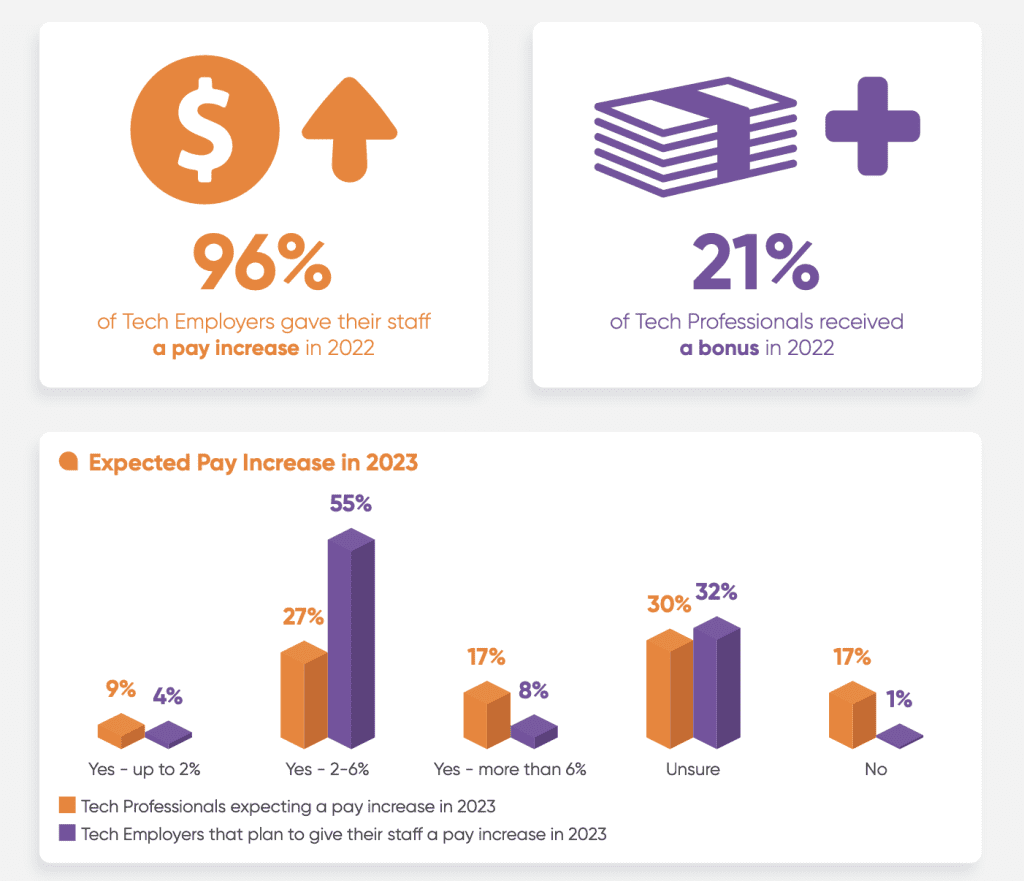June 13, 2023
In one sense, this is evidently the time to batten down the hatches – prevent water getting below-deck and hold out for brighter days ahead.
But on the other hand, the age-old adage of “never let a good crisis go to waste” offers encouragement for growth-hungry executives too impatient to let the storm pass.
CEOs helming the leading technology providers in New Zealand are encountering this conundrum en-masse – sail or scale?
Whether system integrator, managed service provider or consultancy firm – even vendor and large-scale telco giants – the question of sticking or twisting has yet to produce a consistent answer.
Recent forecasts from the Treasury suggest New Zealand will avoid a technical recession with inflation expected to fall within the 1-3% target range set by the Reserve Bank before the end of 2024. The economy is set to grow by 3.2% in the year to June 2023, before easing to 1.1% the following year – a return to surplus is predicted in 2025 / 2026.
“The economy’s resilience so far appears remarkable, which begs the question – dare we dream of the soft landing that we’d been hoping for but didn’t think was feasible given the imbalances in the economy?” asked Brad Olsen, Chief Executive and Principal Economist at Infometrics, considered one of the country’s leading economic commentators.
“Or will excessive demand and price pressures still force a tougher period than official forecasts are indicating?”
Despite recession avoidance and inflation control possible, Olsen remains “somewhat sceptical” and cautions that irrespective of technicalities, economic conditions will feel “recessionary”.
“Let us be clear – 2023 and into 2024 will bring economic pain – the unknown is how deep it will be and how long it might persist,” he advised. “An emerging view is that it might be shorter and less sharp than first feared.”
Armed with such trading context, CEOs are assessing whether to sail or scale through the economic storm ahead.
Don’t hide in the boardroom
Whilst the underlying economic conditions are “unusual” – low unemployment, high inflation, wage pressure and price increases – business leaders still have an appetite for growth in New Zealand.
“The challenge is now navigating that growth in a more efficient way,” advised Brien Keegan, Founder and Managing Director of Sprout, an Auckland-based design studio specialising in people and business growth.
“To succeed it’s about truly understanding your market opportunity and your product/service fit, then building clarity about how you help your customers solve their problems and at the same time being clear with your team on this as well. All of this is key.”

Acknowledging “tricky times” ahead during the next year, Keegan cited the reliable saying that the “true test of leadership is how to manage in the worst of times”. In response, CEOs must increase communication, make “calm and considered” choices and continue to seek new opportunities.
“The worst thing leaders can do is to hide in the boardroom,” he stressed. “Being close to your customers is key, both external and internal customers.”
Most CEOs think they are clear on the direction of the company, however in reality almost all Kiwi executives rank poorly when communicating corporate vision with employees.
“If you don’t know where you are going, then how will others help you get there?” Keegan questioned. “Help your team gain clarity.”
To achieve such clarity, leaders must equally invest in themselves.
“Invest in you, the CEO,” Keegan recommended. “This is the person we see least supported, having the support of leadership coaches, mentors or an advisory board is key to supporting your growth.”
Build leadership capability
Keegan advised CEOs to create a “highly engaged, high-performing team” capable of allowing the organisation to scale through challenging economic times.
“Alone you can go faster, together you can go further,” he added. “This is true when growing any business.
“The whole team needs to be on the journey, understand what success looks like and go at it together. The difference between mid-performance is often a series of ‘one percenters’, to have your team provide that extra effort, you need a great culture.”
A key contributing factor in building a strong culture is hiring the right people for the right stage of the growth journey, outlined Keegan.
“Being clear about the mindset, skills and experience you need to hire for your stage of growth is key,” he said. “Understanding when to hire for potential over experience and vice versa is essential.”
To have a team that grows with the company, CEOs need a high performing leadership line-up. But to have a high performing leadership team it’s critically important to be clear about expectations regarding how they need to grow and evolve in line with company ambitions.
Building such leadership capability also helps avoid bottlenecks, cited as a key barrier to preventing businesses from achieving growth objectives in New Zealand.
“Too many organisations rely heavily on the CEO / founder and as a result they end up becoming a bottleneck,” Keegan said.
Building depth in leadership – not only succession planning but actively putting growth plans in place for emerging and future senior leaders / CEO – is of critical importance in today’s current trading environment.
“Otherwise, your organisation will outgrow your team,” Keegan warned. “Bring your team on the journey, make sure they understand the purpose of the business, the vision and the strategy to reach that vision. You will get much greater discretionary effort from your team.”

Too often CEOs hire for the current stage of the company, not for the next stage of growth.
“That is where companies get themselves in trouble,” Keegan added. “The company is ready to grow but the team is not ready.
“To grow effectively you need not just the systems and structure but the right people to make it all work. This pauses the growth and getting it right under time pressure is difficult, so think ahead, now.”
Leverage the power of people
When combining low unemployment, low immigration and wage pressures being driven by high inflation, the current state of play adds up to a challenging market to find great people in New Zealand.
“CEOs must ensure their best talent is truly engaged,” Keegan said. “To combat this more effort needs to be made in being clear about the purpose of the company and the direction that it is going.
“CEOs also need to be very clear about their employer brand and ensure they are explaining the role a future employee will play and how they add to this plan.”
According to Absolute IT findings – published via the recruitment firm’s IT Job Market & Salary Report for 2023 – 96% of tech employers delivered staff salary increases during the past 12 months in New Zealand, most within the 2-6% range.
This year however, 33% of employers currently remain unsure if boosting pay packets is viable given current trading conditions. While 55% of businesses are committed, this is providing the increase falls within the 2-6% range – only 8% of organisations are willing to exceed 6% in certain circumstances.
The ability to work remotely remains the top non-financial benefit offered to keep employees happy, ahead of career development opportunities, flexible working hours, health insurance and additional annual leave.
“Retention of staff has become increasingly important as the tech employment market remains candidate and skills short,” noted Steve Cotton, General Manager of Absolute IT.
In response, 22% more tech employers are offering remote work options, such as working from home, as a retention strategy in 2023, similar to approaches in 2022.
“Hybrid working is a concept that is here to stay,” Cotton stressed. “91% of tech employers who offer remote work options have adopted hybrid working with the remaining 9% working completely remote.”
But for cash-strapped CEOs seeking to balance the books, the reality remains that for employees aged between 18 and 64, better salary and improved income trump all other factors.
“For the past two years the top reason for changing jobs has been career development, however with recent financial factors such as the cost of living and inflation, it’s no surprise that earning potential importance has increased,” Cotton added.
This trend continues to play out anecdotally, with salary expectations skyrocketing as Kiwi companies pay over-the-odds for average talent. For example, in sales, inexperienced Business Development Managers are commanding salaries as high as $150,000 in New Zealand – following a series of six-month spells jumping from role to role during the pandemic.
“Good people always demand good dollars,” stressed Keegan, highlighting that CEOs shouldn’t be discouraged by bad experiences. “In fact, in tough times you need the best of talent to help your business come through the other side.”
Inform your opinion with executive guidance, in-depth analysis and business commentary.